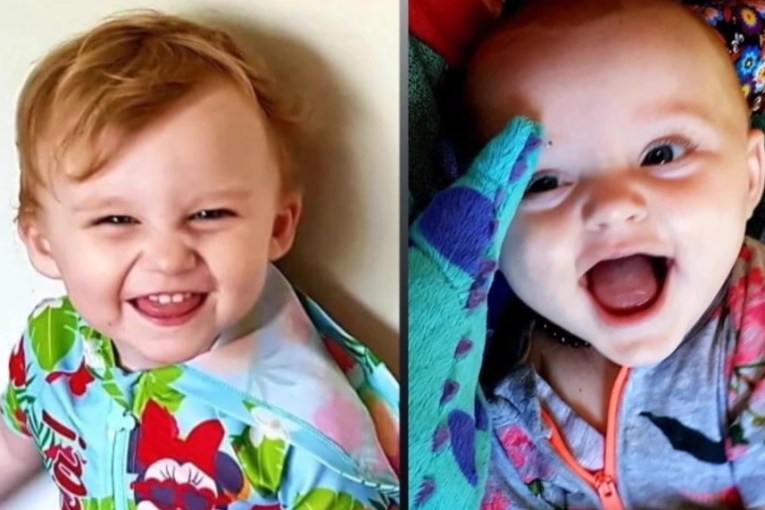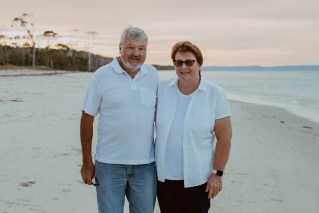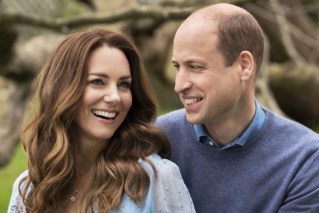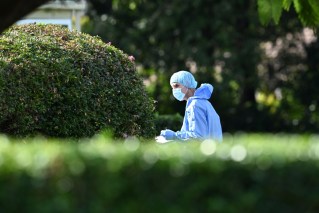Australian medical pioneer wants to stem the loss of respect for science
One of Australia’s medical pioneers believes the pandemic has helped restore public confidence in science, but fraudsters and ongoing scandals in stem cell research still threaten its future.

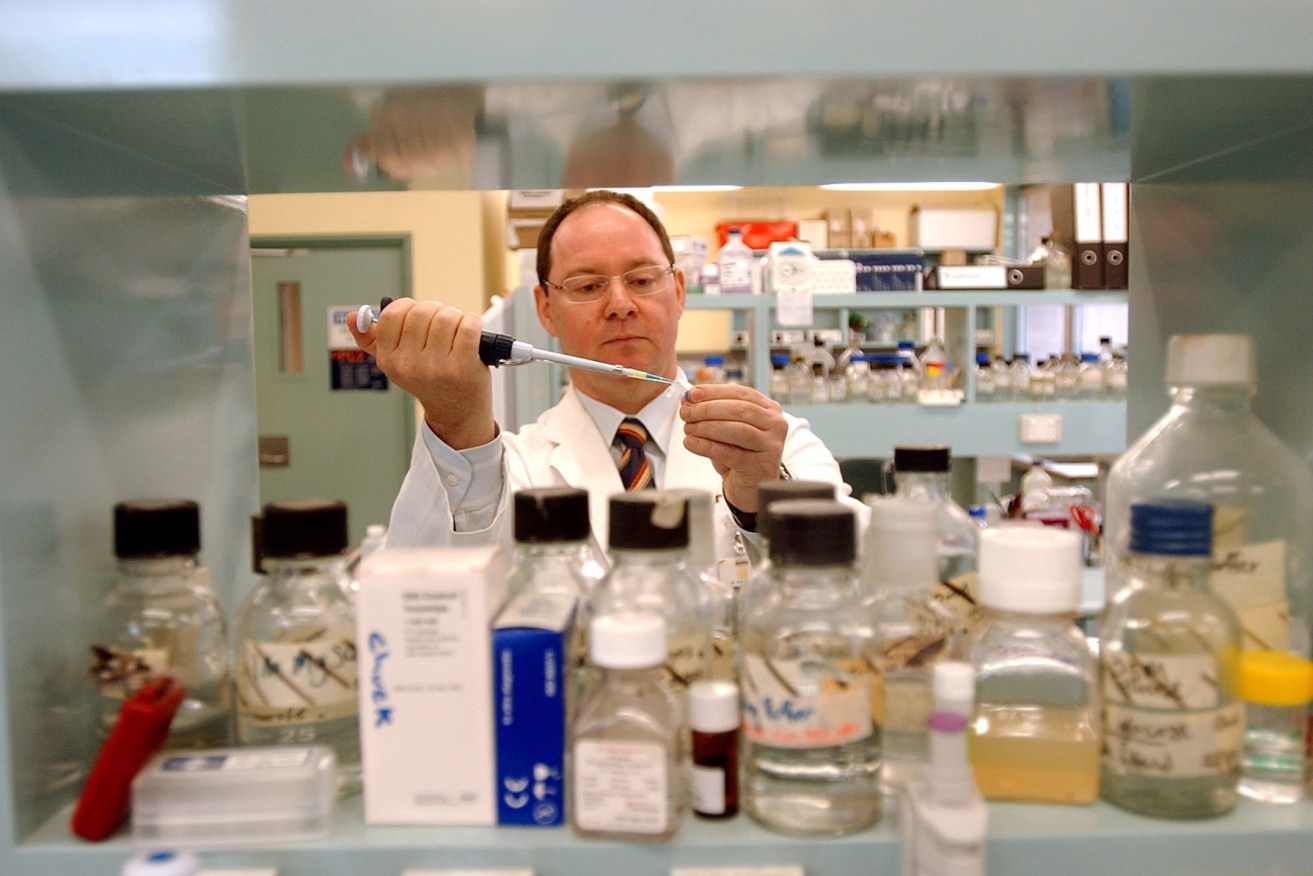
Professor John Rasko working on a clinical trial 15 years ago. (AAP Image/Jeremy Piper) NO ARCHIVING , INTL OUT
Renowned physician and scientist Professor John Rasko, said amid the hype about the possibilities of stem cells and regenerative medicine, there was a darker side of fraud and scandal, with Australia and the US among the world’s worst for offering dodgy miracle stem cell remedies.
Speaking at Griffith University’s In Conversation series held at the Gold Coast’s Home of the Arts on Thursday, Rasko said he was concerned about dishonesty in his own field of stem cell research that was impacting “the credibility of science.”
It had been proven that stem cells worked, but some scientists had misrepresented their data or “cooked the books” to claim major advances in the field, he said.
“With Covid, I think our trust in what science is capable of doing within a miraculous timeframe has been reinforced,” Rasko said.
However, he said, stem cell research was prone to hype and misinformation as well as “outright lies” by some scientists and laboratories.
“They’ve lied about a result and sometimes it takes months or years to identify these deceits,” he said.
Stem cell advances have promised everything from designer babies to cures for wrinkles, arthritis, multiple sclerosis and leukaemia.
Rasko, who is Head of the Gene and Stem Cell Therapy Program at the Centenary Institute, Head of the Department of Cell and Molecular Therapies at Royal Prince Alfred Hospital and has led world-first clinical trials into engineered stem cell treatment use, said it was vital to restore public confidence in the field at a time when the public needed to be able to trust science.
“Stem cells and gene therapy are partners together in future health and future medicine, they offer a possibility for a better world that reduces disease and suffering and harm,” he said.
“That said, it has a flipside. That’s no more better revealed than in the case of unproven stem cell clinics that are spread all over the world.
“These are clinics that we thought perhaps were in the Ukraine or the Philippines or some parts of south east Asia. But when we actually went online and documented …we found that they were all over the world and there were more clinics in the United States of America than any other country in the world, but the country with the highest per capita direct to consumer marketing of stem cells was Down Under.”
Rasko, in a new book Flesh Made New: The Unnatural History and Broken Promise of Stem Cells with co-author Carl Power, said it was difficult to stamp out the fraudsters.
Along with a posse of world-renowned medical scientists and academics, Rasko said he had lobbied the World Health Organisation and Google to stop stem cell clinics advertising online.
“Google basically said, ‘You know what, you’re right, we’re going to ban these stem cell clinics. They can’t advertise on Google anymore. This is a win for everyone who embraces rational medicine and there’ll be no more unproven stem cell therapies advertised.’
“Of course what they did was also inadvertently ban all of the bone marrow transplant centres of excellence in all of the hospitals all over the world that had their medical centres online because they hadn’t appreciated that there were unproven stem cells but also proven stem cells,” Rasko said.
Despite the problems, Rasko said the future of stem cell research was worth waiting for.
“We have now achieved technical prowess sufficient to alter the genetic material that we transmit to our offspring.
“That’s currently illegal in this country and just about every other country in the world because of the moral, ethical and some technical hurdles that presents. The technical ones are the least challenging to be honest.”
